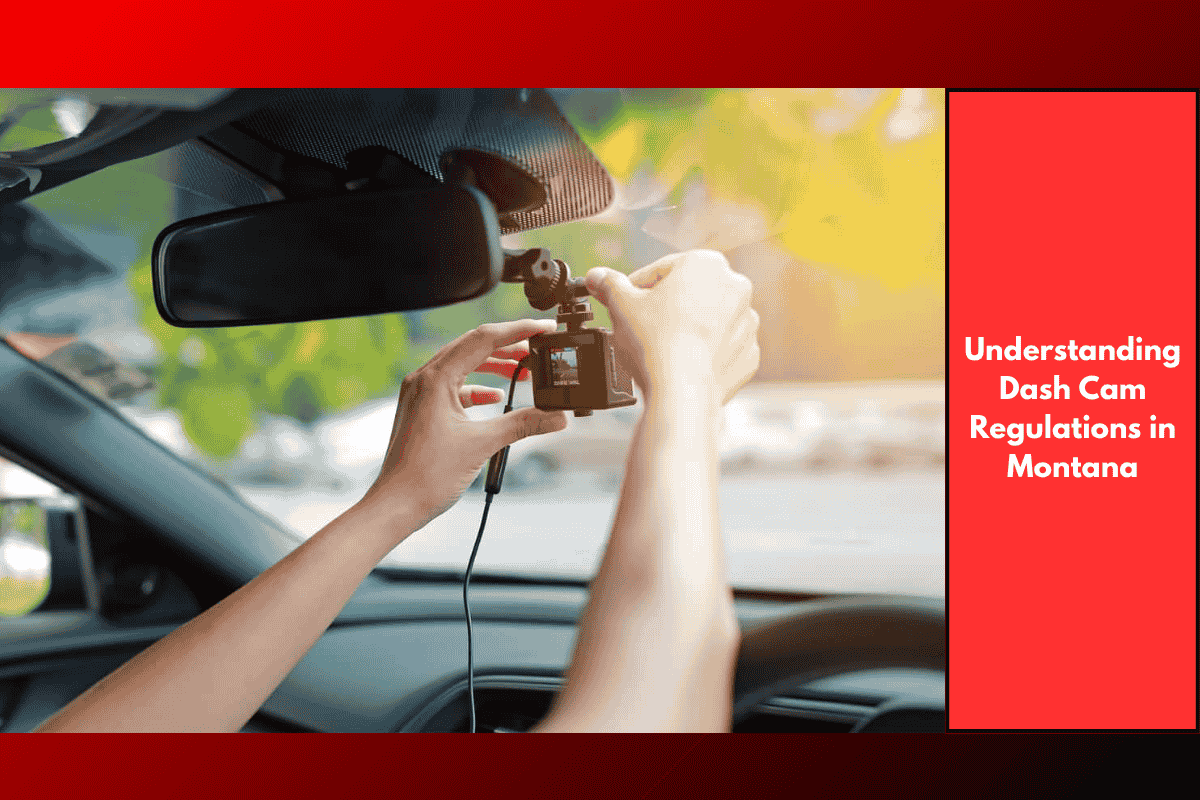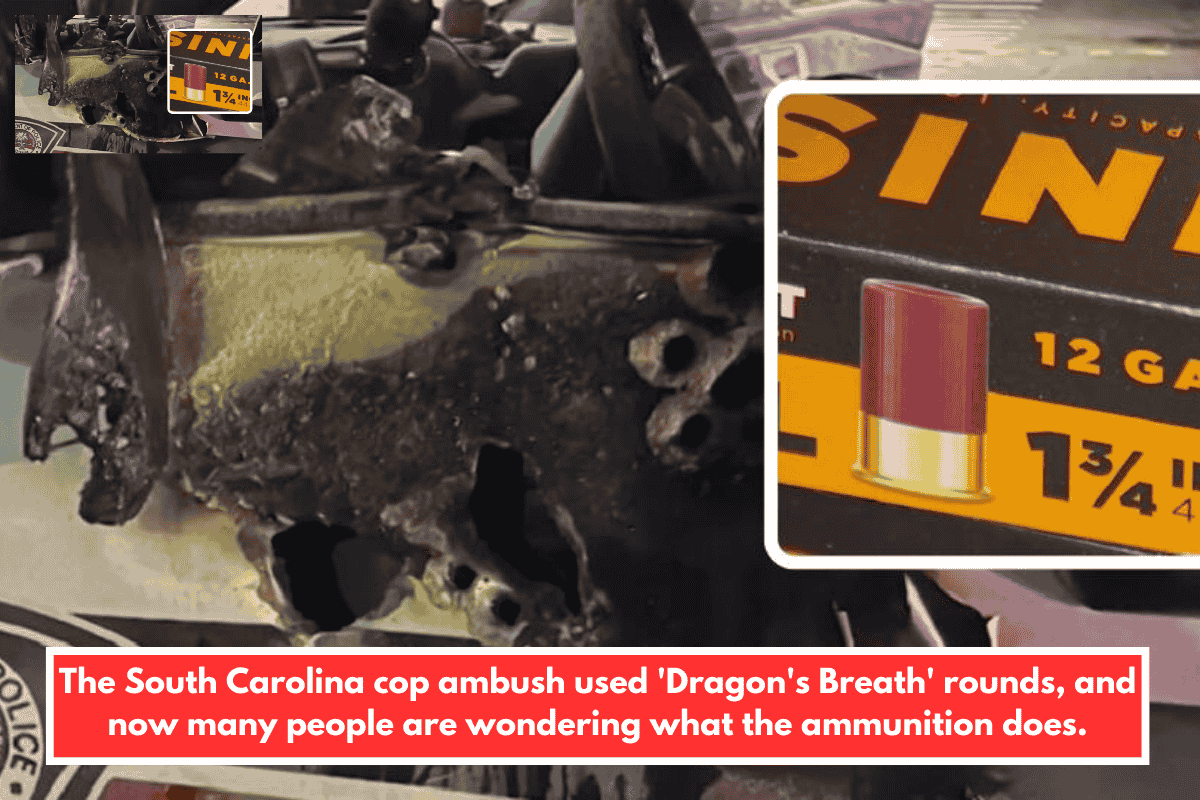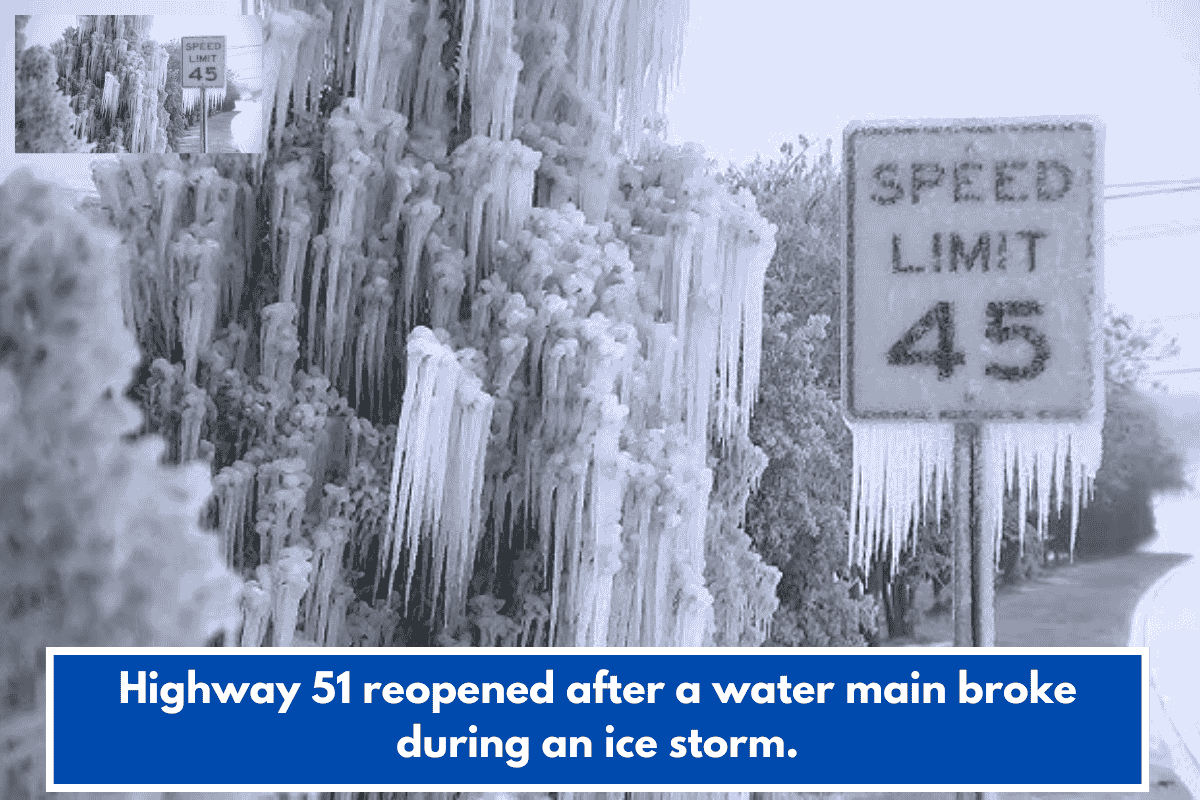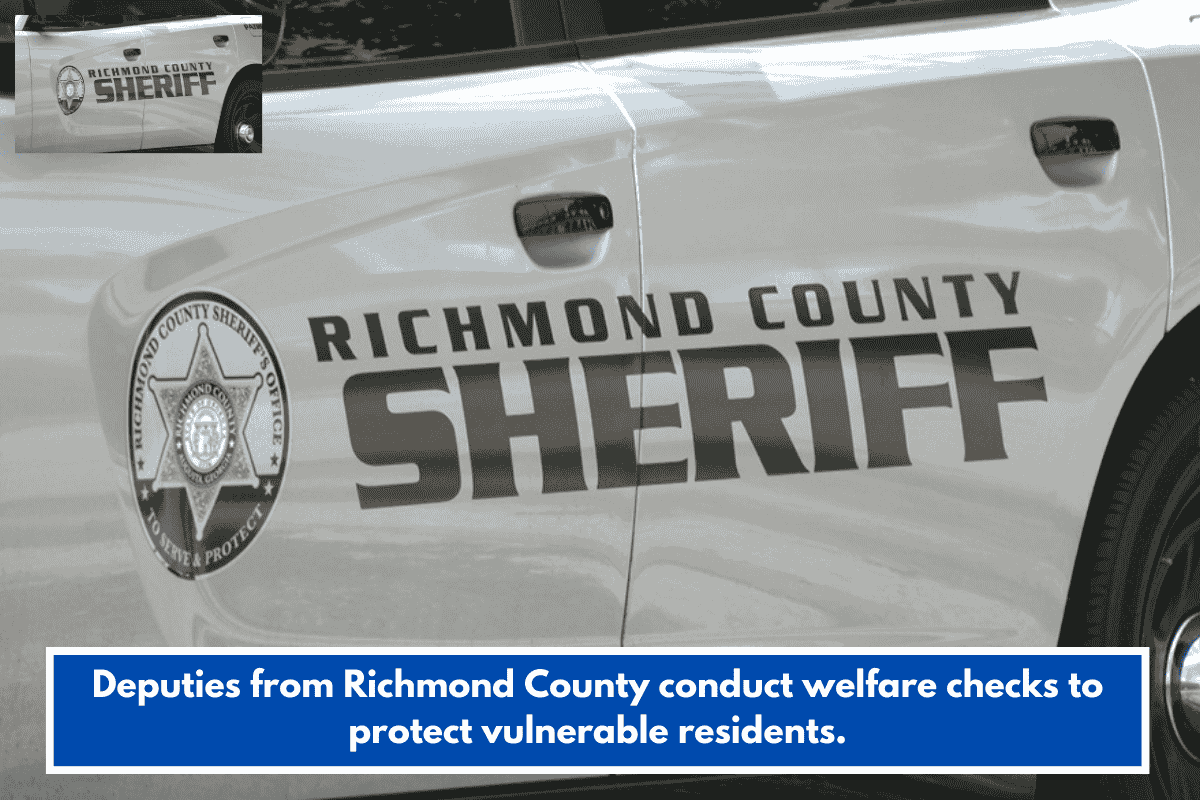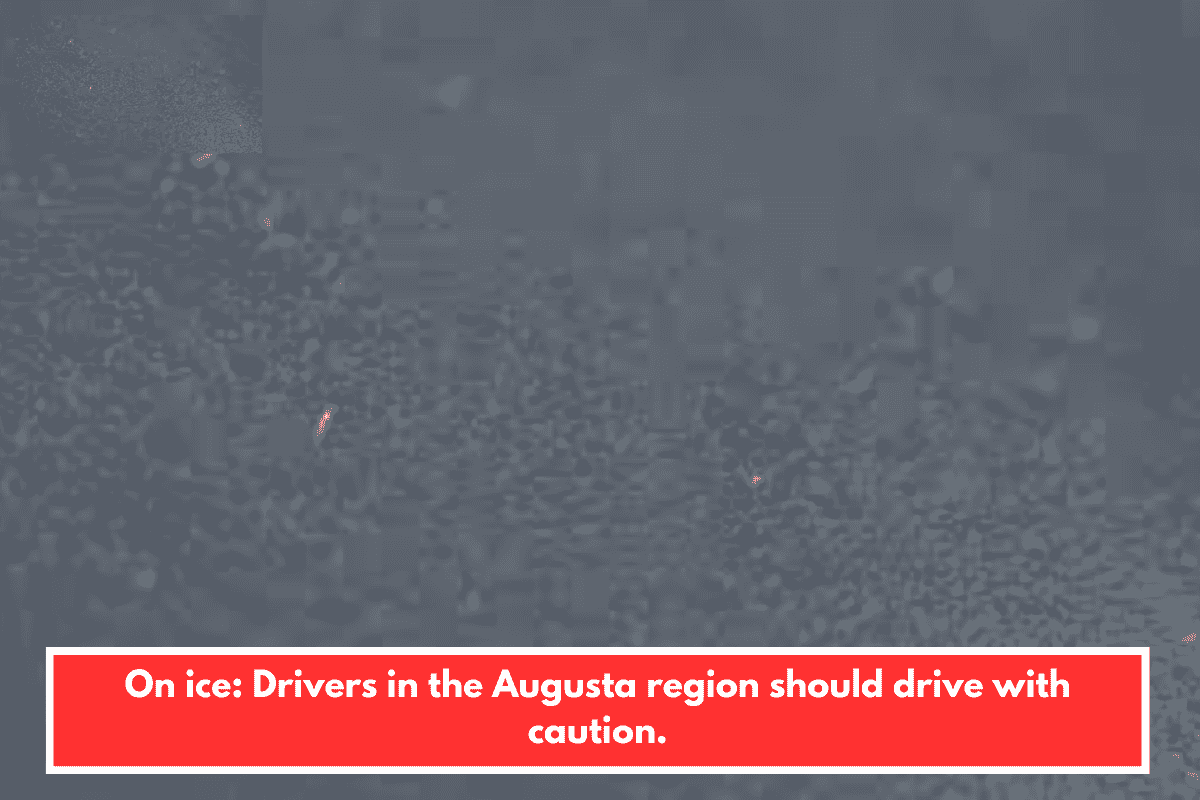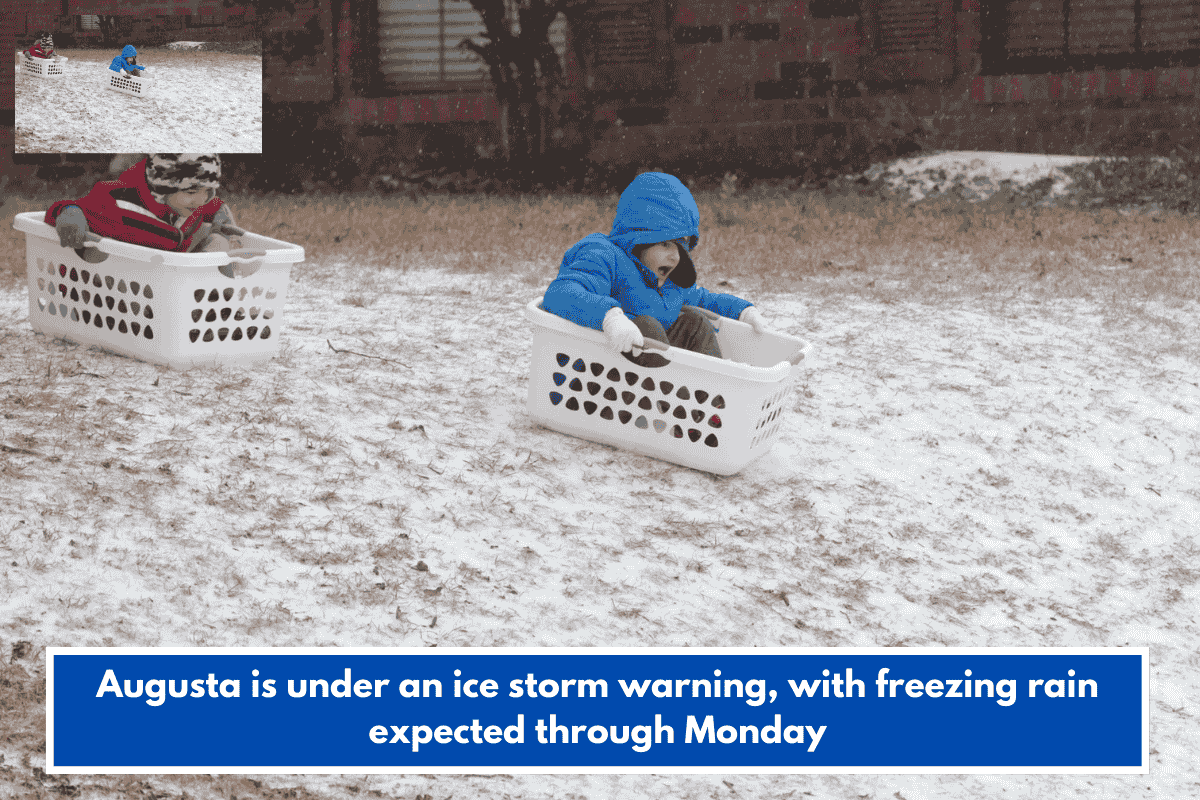Dash cams have become an essential tool for many drivers in Montana, offering a way to document road conditions, traffic incidents, and interactions with law enforcement. While dash cams can be a valuable resource for protecting yourself in the event of a dispute or accident, it’s important to understand the legalities surrounding their use in Montana. Let’s explore Montana’s dash cam regulations, including when it’s legal to use them, the rules about recording, and how they can be used in court.
Are Dash Cams Legal in Montana?
Yes, dash cams are legal in Montana. There are no state-specific laws that prohibit the use of dash cams in your vehicle. In fact, many drivers install dash cameras for safety reasons, as they can help record accidents, traffic violations, and other incidents on the road. These cameras are particularly useful for drivers who want to ensure they have evidence to protect themselves in case of an accident or a traffic dispute.
However, while dash cams themselves are legal in Montana, there are still certain considerations you need to keep in mind when using them.
Placement of Dash Cams: What to Consider
One of the most important legal factors to consider when using a dash cam in Montana is placement. The camera should be positioned in a way that does not obstruct the driver’s view of the road. Montana, like many other states, has rules that prohibit any objects that may block the driver’s line of sight.
Windshield Mounting: Dash cams are typically mounted to the windshield or rearview mirror. However, you need to ensure that the camera does not obstruct your view of the road, as this could lead to a citation for improper vehicle equipment. In some cases, dash cams are allowed to be mounted at the top of the windshield or behind the rearview mirror where they do not obstruct the driver’s field of vision.
Avoid Obstruction: The placement of your dash cam should not block critical areas of the windshield, such as the driver’s direct line of sight, or the area where safety features like airbags are located. If the dash cam obstructs the view in any way, it could potentially lead to fines or penalties.
Audio Recording and Privacy Laws
While Montana does not have specific laws about dash cams, it’s important to understand audio recording laws when it comes to using a camera with audio capabilities. In many states, laws regarding audio recording are tied to whether all parties involved in the conversation need to consent to being recorded.
Montana’s One-Party Consent Law: Montana is a “one-party consent” state, which means that if you are part of a conversation, you can record it without the consent of the other parties involved. This is particularly important if your dash cam also records audio. For example, if you have a conversation with another driver or a police officer, you do not need to obtain consent from the other party to record the conversation as long as you are part of it.
Recording Police Officers: While you have the right to record conversations in public spaces, including interactions with police officers, it’s important to be aware of the situation. In Montana, you can record police officers performing their duties in public, but you should avoid obstructing their work or interfering with law enforcement activities. If the police ask you to stop recording, you should comply, but they cannot stop you from recording in public spaces.
Dash Cam Footage in Court: How It Can Be Used
Dash cam footage can be a valuable tool in legal situations, especially in traffic accidents or disputes. In Montana, dash cam video is admissible in court as evidence, but there are certain conditions to consider:
Chain of Custody: If you plan to use dash cam footage as evidence in court, it must be preserved and handled properly. Maintaining the chain of custody for the video footage is important to ensure its authenticity. This means keeping a clear record of how the footage was saved, stored, and transferred.
Accuracy and Relevance: For dash cam footage to be admissible in court, it must be relevant to the case at hand and accurately reflect the events in question. Courts may scrutinize the footage to ensure it hasn’t been tampered with or edited.
Traffic Violations and Insurance: Dash cams are often used to document traffic violations, accidents, or driving behavior. If you are involved in a car accident or dispute with another driver, having dash cam footage can serve as crucial evidence. Additionally, insurance companies may use dash cam footage to help determine fault in accidents.
Is It Legal to Use Dash Cam Footage for Recording Others?
When using your dash cam in Montana, you may also want to be aware of the privacy laws related to recording other individuals. While Montana allows you to record audio in situations where you are part of the conversation, recording someone without their knowledge in situations where they have a reasonable expectation of privacy (such as inside their home) is illegal.
Public Spaces vs. Private Property: Dash cams are typically used in public spaces where there is no reasonable expectation of privacy, like streets, highways, and parking lots. It’s important to avoid using your dash cam to record private property or areas where people might have an expectation of privacy.
In Montana, using a dash cam is legal, but there are some important guidelines to follow. Make sure the camera is positioned correctly to avoid obstructing your view, and be mindful of how and where you record audio. Dash cam footage can be a valuable tool in court, but it must be preserved and used properly. Lastly, be aware of privacy laws to avoid recording individuals without their consent in private settings.
As a responsible driver, it’s important to understand these rules and regulations to ensure that your dash cam use is legal and helpful. By following the law, you can use a dash cam to protect yourself and your rights while on the road.
SOURCES
[1] https://matrackinc.com/dash-cam-laws-by-states/
[2] https://www.ddpai.com/blog/dash-cam-laws/
[3] https://www.toweandfitzpatrick.com/blog/2025/01/how-can-a-dash-cam-benefit-you/
[4] https://www.expertmarket.com/dash-cams/dash-cam-laws-by-state
[5] https://www.hoytblewett.com/blog/2017/april/are-dashboard-cameras-admissible-for-montana-car/

